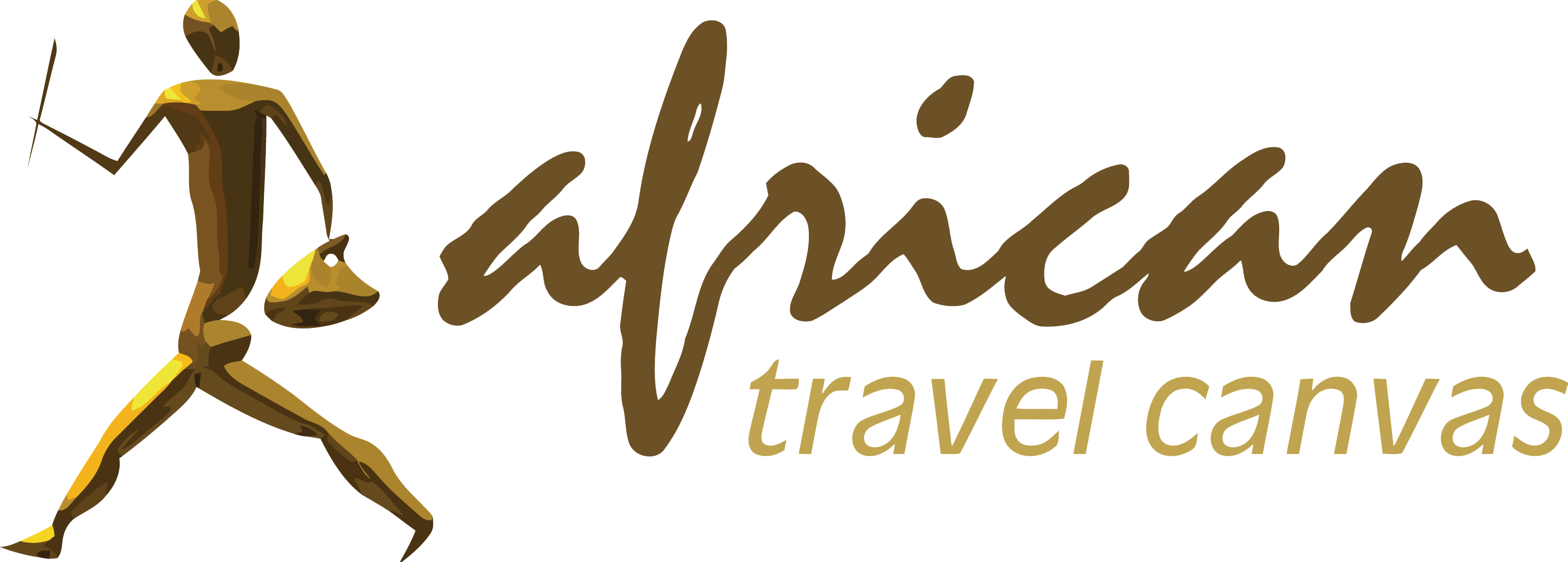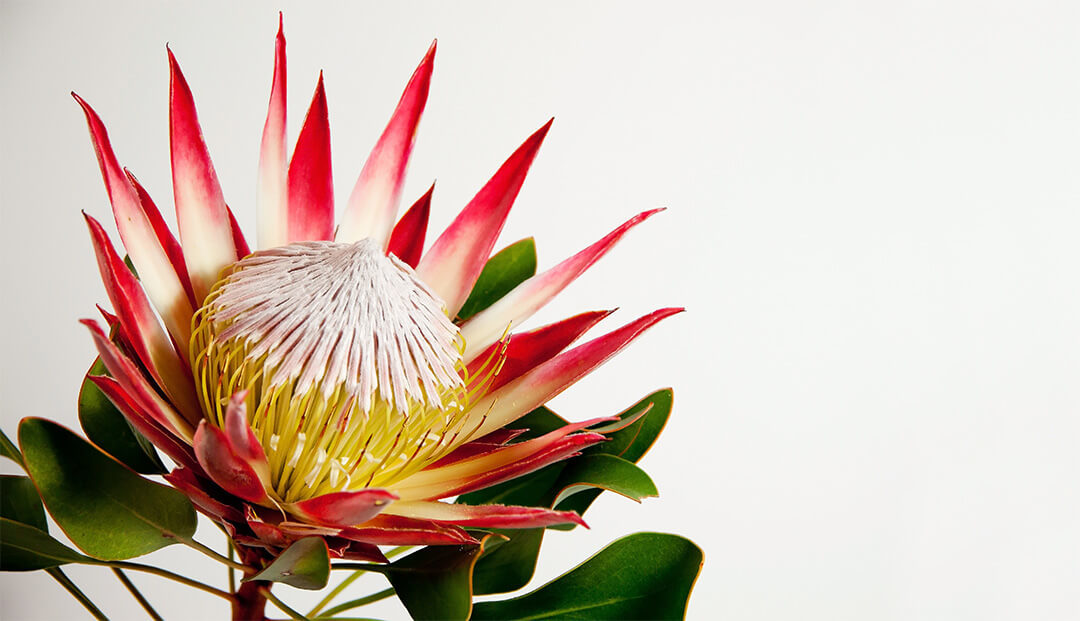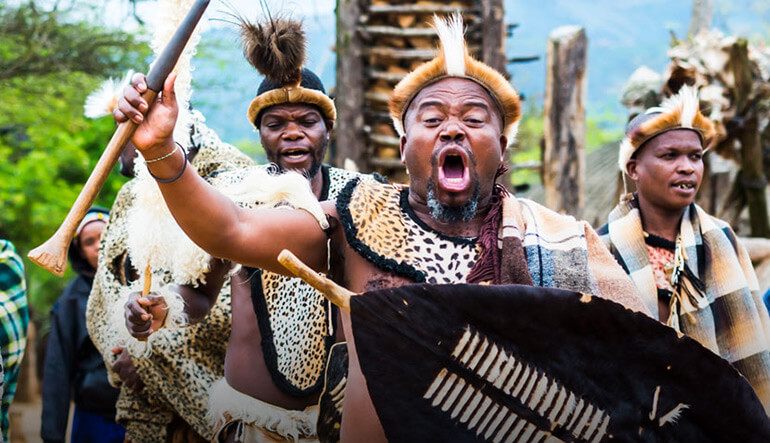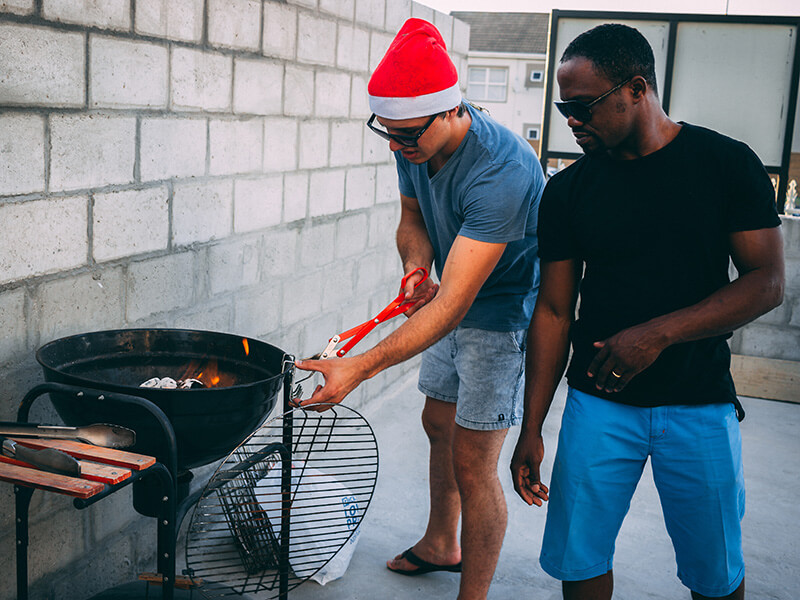First published in September 2019, updated in September 2021.
September is Heritage Month in South Africa, with National Heritage Day celebrated on 24 September
Each year in early spring, people across the nation get together to eat, drink and be merry, celebrating what makes us all uniquely South African.
Heritage Day was declared a public holiday in 1996 and, since then, the 24th of September has been a day that encourages us to celebrate our cultural traditions, communities and heritage.
In the following post, we discuss South Africa’s Heritage Day; how it began, the connection to braais and how you can celebrate this year.
What is Heritage Day?
Heritage Day is a public holiday celebrated on 24 September in South Africa that recognises and celebrates the cultural diversity of the country. In its essence, the day embraces and celebrates the true meaning of why we call ourselves the Rainbow Nation.
South Africans mark the day by wearing traditional outfits, eating traditional foods, learning about different cultures and spending time with friends and family.
The History of Heritage Day in South Africa
The 24th of September marks ‘Shaka Day’ or ‘Shaka’s Day’, a day which commemorates the legendary King Shaka Zulu. Shaka Zulu played an important role in uniting different Zulu clans into one cohesive Zulu nation in Kwa-Zulu Natal. Each year, thousands of people gather at King Shaka’s grave to pay tribute to him and to honour his memory.
To learn more about the history, life and legend of King Shaka Zulu, the Anglo Zulu war and Zulu culture, book either the:
- KwaZulu-Natal Shakaland Zulu Village Tour
- Half-Day Soweto Tour
- PheZulu Cultural Village Day Tour
- Isandlwana and Rorke’s Drift Battlefields Tour
- Robben Island Half-Day Tour
You can also learn more about King Shaka in the book Shaka Zulu: The Biography of the Founder of the Zulu Nation by E.A. Ritter.
When the New South African Parliament omitted Shaka Day from the proposed Public Holidays Bill, the Inkatha Freedom Party (IFP), a South African political party with a large Zulu membership, objected.
Eventually, a compromise was reached, and it was decided that a national holiday would be created where South Africans of all cultures and creeds could come together and celebrate their diverse cultural heritage.
In an address marking Heritage Day in 1996, the late former State President Nelson Mandela said, “When our first democratically-elected government decided to make Heritage Day one of our national days, we did so because we knew that our rich and varied cultural heritage has a profound power to help build our new nation.”
We did so, knowing that the struggles against the injustice and inequities of the past are part of our national identity; they are part of our culture. We knew that, if indeed our nation had to rise like the proverbial phoenix from the ashes of division and conflict, we had to acknowledge those whose selfless efforts and talents were dedicated to this goal of non-racial democracy.
In more recent years, National Heritage Day has become synonymous with National Braai (Barbecue) Day. Some call it Shisa Nyama or Ukosa, while others call it a braai, but whatever the occasion, nothing beats gathering around a wood fire to cook a meal and celebrate together.
Why Do We Braai on Heritage Day?
There is nothing more South African than lighting a fire and cooking a meal, and it’s something that crosses racial, cultural, religious and social boundaries. The National Braai Day in South Africa was developed by Stellenbosch native, Jan Scannell – more commonly known as ‘Jan Braai’ – who quit his job in finance in 2005 to focus on the National Braai Day Initiative.
Just like the Irish have St Patrick’s Day, the French have Bastille Day and Australians have Australia Day, National Braai Day calls on all South Africans to unite around fires and share and celebrate our unique culture and heritage.
In 2007, Archbishop Desmond Tutu became patron of South Africa’s Braai Day, backing the idea that donning an apron to braai a boerewors (farm sausage) could be a unifying force in a country that had been previously divided. The following year, the initiative received the endorsement of South Africa’s National Heritage Council. It couldn’t be a more apt way to bring a rich and culturally diverse nation such as South Africa together in unity, because what good South African doesn’t love a braai?
How You Can Celebrate Heritage Day
There are plenty of opportunities to celebrate South Africa. Here are six ways to enjoy this year’s Heritage Day.
- Cape Town is known for its delectable traditional dishes, so why not learn how to make them. Spend Heritage Day by booking a cooking class to learn some of the local favourites such as koeksisters, braaivleis and gatsby. One of our personal favourites is the Cape Malay style cooking classes offered in the historic area of Bo-Kaap. Some of our favourite cooking classes are from Lekka Kombuis and Ginger and Lime.
- Visit CapeNature National Park for free.
- Discover the magic of Freedom Park in Pretoria.
- Host a braa!
How to Celebrate Your Own South African Heritage Day Anywhere in the World
If you’re not in South Africa, you can still celebrate a South African Heritage Day by hosting your own braai (or barbecue).
Here are a few essentials to get your National Braai Day celebration going:
- A Weber
- Charcoal
- A braai apron
- A complete grill tool set
- The Democratic Republic of Braai by Jan Braai recipe book
- A South African flag for decoration
- Ina Paarman’s Braai & Grill Seasoning to add some flavour to your meat (or vegetables)
- Your preferred selection of meat, vegetables, salads, bread and condiments
Whatever you choose to do to celebrate National Heritage Day, enjoy it with friends and family, wave the South African flag proudly, and remember your heritage and the place it holds in South Africa’s multicultural landscape.
Read about the other important public holidays in South Africa:
- What is Human Rights Day and Why We Celebrate on March 21
- What is Freedom Day in South Africa and Why Do We Celebrate It
- Why We Celebrate Youth Day on 16 June
- Why We Celebrate Women’s Day on August 9th
While not a public holiday, here’s how you can celebrate Mandela Day on 18 July.




Nice information
Thank you! 🙂
Anelisamayekiso@gmail.com
whaaaaaaaaaaaaaaaaaaaaaaaaaaaaaaaat
Letitia thanks for informative and helpful information
What is the name and surname of the person who published all this Information am doing a school project about heritage please reply
Whoever erot this thanks a lot …it helped me with my history essay about history of heritage and I got everything I need here for the essay
Hope the essay was a success!
Nice to read your blog!
Thanks 😊, now I know about 24 September
This information was so useful for my home work … This is so nice🤍
Aaaw thank you! Hope the homework assignment went well!
what does heritage means to people
Yo u colll bro ur my step bro
😍🤞🏽
This is one of the best posts I have ever came across. Today we celebrate Heritage day “online” as a corporate company and guess what ? I will be using some of YOUR information to share with our special people ! I have learned so much in 7 to 8 of your first sentences ! Brilliant – what a lovely layout and professional, yet super light and great for culture day celebrations! Happy Heritage day and have a wonderful “BRAAI” !!!! … en melktert !
Thank you so much Vicky! We’re delighted that you found the post valuable. Have a lekker Heritage Day! 🙂
Thank you. I’m grateful. My brother’s assignment benefited much from it, and I also picked up some new knowledge.
Yeah is reliable but I don’t see the information about. Why it is celebrated
This is wonderful
wow it help me with my assignment
thank you this was useful and helpful